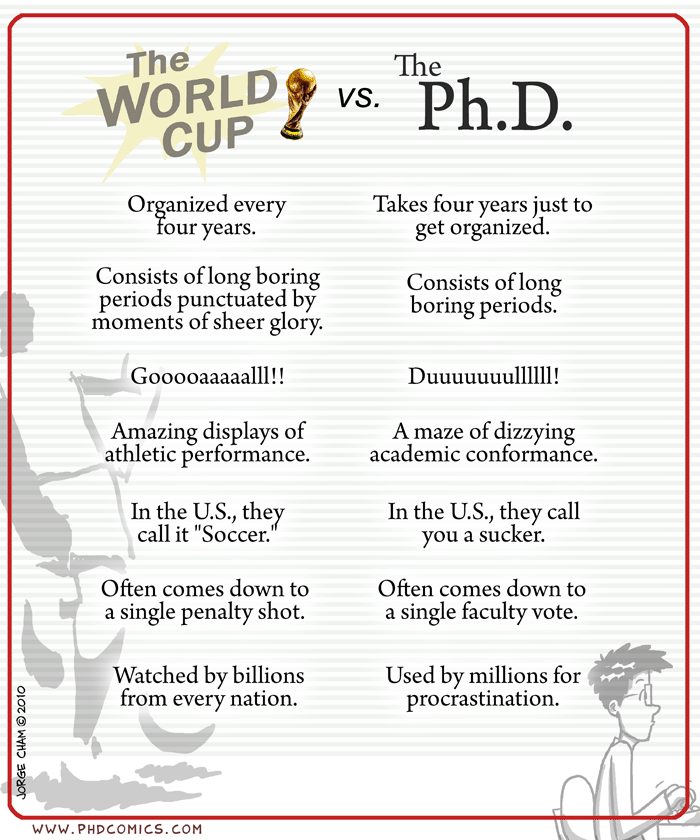An analysis of research papers written in first-year composition courses at 15 colleges reveals that many students simply copy chunks of text from the sources they cite without truly grasping the underlying argument, quality or context...
The researchers analyzed the students' 1,832 research citations and assigned each of them to one of four categories:
- Exact copying -- a verbatim cut-and-paste, either with or without quotation marks.
- "Patchwriting" -- the copying of the original language with minimal alteration and with synonyms substituting for several original words (patchwriting is often a failed attempt to paraphrase, they said).
- Paraphrasing -- a restatement of a source's argument with mostly fresh language, and with some of the original language intact; it reflects comprehension of a small portion, perhaps a sentence, of the source material.
- Summary -- the desired form of citation because it demonstrates true understanding of a large portion, if not the entirety, of the original text; summarizing was identified by the researchers when student writers restated in their own terms the source material and compressed by at least 50 percent the main points of at least three consecutive sentences
The paper speculates that this indicates a lack of engagement: apathy. Students don't care. They provide an example and conculde
students tended to rely heavily on their sources -- so heavily, in fact, that students rarely seem to fully own the material and marshal it to form a novel argument, the researchers said.This is the big question. Why do students seem to have nothing to say? Part of the problem may stem from deficits of reading comprehension. Many students don't seem to understand what they read and balk at, or shy away from, meaningful resources. They don't read, but is it right to assume they can't? Or are they accustomed to pretending to be ignorant to keep instructors' expectations low. I used to do that. It was a big mistake.“The compelling, unnerving issue is that the student has nothing to say,” said Howard of the piece that drew so heavily on WebMD. “How could she, since she's writing a research document from reference materials?”
The article also speculates that most sources are merely the first hits from a google search. Do students understand how lame that sounds? Why or why not?
I'm seeing this on the iSearch, which necessarily is topic that students care about. Maybe the research only looked at early drafts. I do want to see the process, but on the final paper reference material won't cut it.
This relates as well to something I'm seeing in the Metaphor paper. What's up with people quoting the dictionary? That's common knowledge. By college - dictionary definitions are assumed to be common knowledge - In the past I've chalked this up to a lack of sophistication or understanding of rhetoric, but perhaps it is instead (or as well) a deficit in research skills.
Research is an active process. It is a hunt: an exploration; an adventure. At least it is when it's done right.
I need to make reading logs regular assignments - and we need to do more "think/pair/share" in the classroom.




